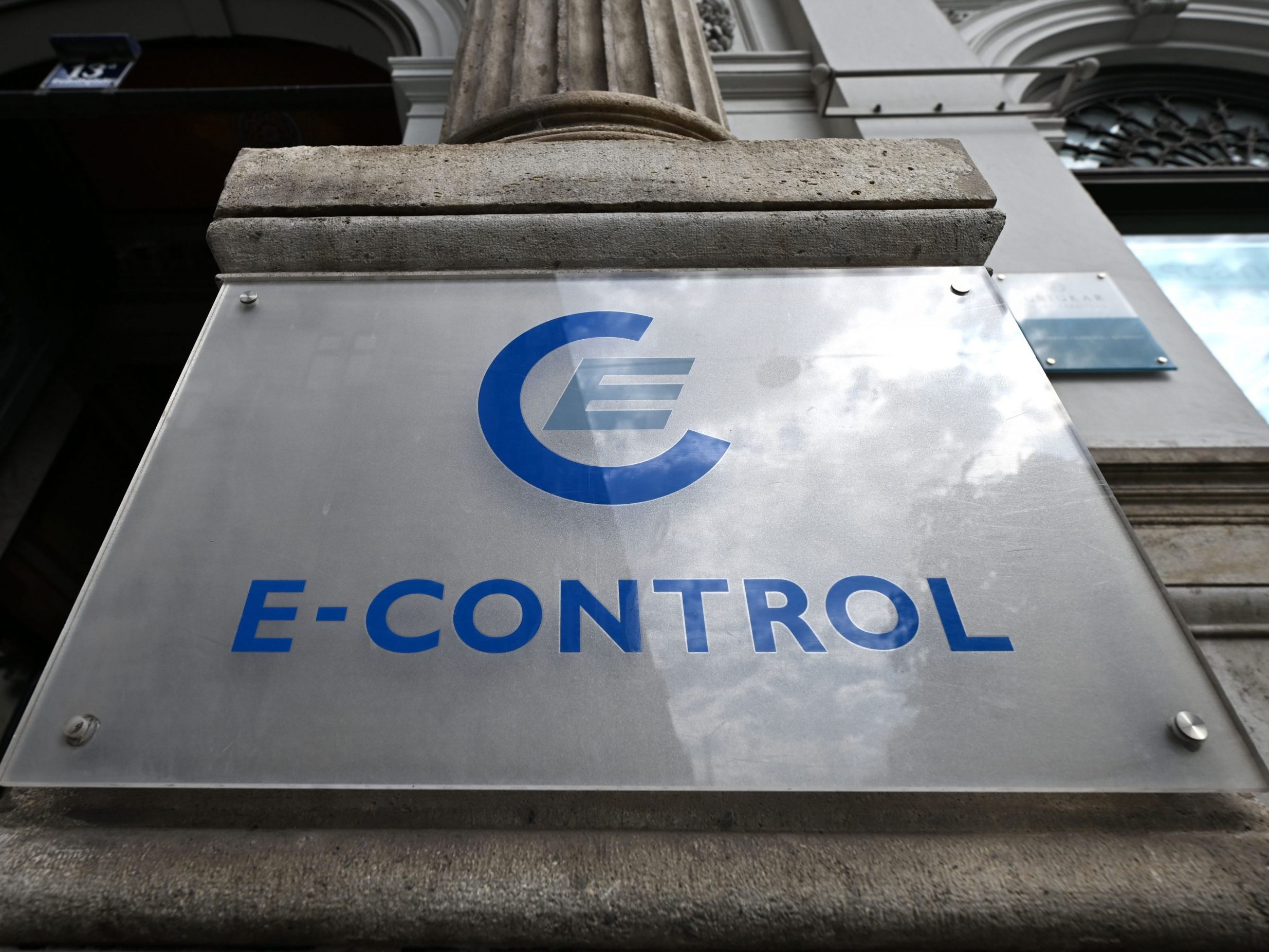E-Control: Gas Supply Also Secured This Winter

By September 8, 82.8 terawatt hours (TWh) of gas had been stored, which is more than the average annual consumption in Austria, said E-Control board member Alfons Haber on Thursday evening during a media briefing. A further easing is also emerging on the price front following the gas crisis.
For 2027, gas is currently being traded on the wholesale market at 31 euros per megawatt hour (MWh), which is less than the 35 euros that gas currently costs on the stock exchange, according to Haber.
![Lnder mit Anteil des eingefhrten Gases, Russland, Norwegen, Algerien, USA; Quelle: Europischer Rat; Die Auslieferung der APA-Grafiken als Embed-Code ist ausschlie§lich Kunden mit einer gltigen Vereinbarung fr Grafik-Pauschalierung vorbehalten. Dabei inkludiert sind automatisierte Schrift- und Farbanpassungen an die jeweilige CI. Fr weitere Informationen wenden Sie sich bitte an unser Grafik-Team unter grafik@apa.at. GRAFIK 1160-25, 88 […] Lnder mit Anteil des eingefhrten Gases, Russland, Norwegen, Algerien, USA; Quelle: Europischer Rat; Die Auslieferung der APA-Grafiken als Embed-Code ist ausschlie§lich Kunden mit einer gltigen Vereinbarung fr Grafik-Pauschalierung vorbehalten. Dabei inkludiert sind automatisierte Schrift- und Farbanpassungen an die jeweilige CI. Fr weitere Informationen wenden Sie sich bitte an unser Grafik-Team unter grafik@apa.at. GRAFIK 1160-25, 88 […]](/2025/09/AGD0001-20250912-1.jpg)
Comeback as a gas transit country possible
For companies and households, the fees for the gas network could also decrease after 2027 if the EU actually imposes a gradual ban on gas imports from Russia as announced. Then Austria could celebrate a comeback as a gas transit country to supply Slovakia, Hungary, and Ukraine with gas from the West.
Before Russia's attack on Ukraine, Austria was an important transit country for Russian gas. With the shift away from Russian gas, Austria lost this role and thus also the revenue from the transit.
Austria now mainly imports gas via Germany
Since this year, after OMV terminated its long-term supply contract with the Russian Gazprom, gas in Austria no longer flows from east to west, but from west to east. Most of the gas Austria now imports comes via Germany and originates from Norway as well as from the liquefied natural gas (LNG) terminals in Germany, Belgium, and the Netherlands. Gas is also imported from Italy.
Since the beginning of the war, LNG imports in the EU have almost doubled. In the first half of 2025, there were 836 TWh, 55 percent of which came from the USA. With the trade deal negotiated by US President Donald Trump with the EU, this share could increase further. However, the 700 billion euros that the EU is supposed to spend on oil and gas from the United States seems significantly too high to E-Control. At a market price of 35 euros per MWh, the EU's LNG terminals could only import gas worth just under 100 billion euros per year.
(APA/Red)
This article has been automatically translated, read the original article here.





